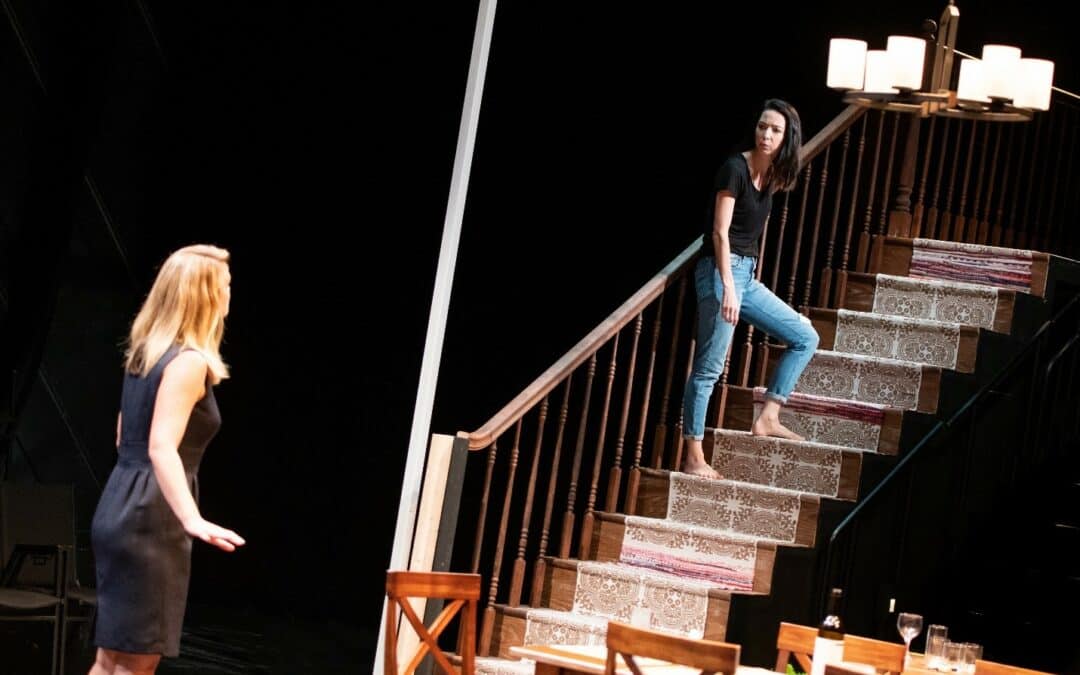Jack L. B. Gohn
Writer, Critic & Playwright


Jack L. B. Gohn
Writer, Critic & Playwright
Though I practiced law for over a third of a century,
I have been a writer from childhood.
And even with a full-time practice, I never really stopped publishing in various papers, magazines and journals. I was bound to reach a point eventually of deciding I wanted to be a writer and nothing else. This website features three things I do now that the point has been reached. I review theater, write plays, and for a decade and a half, wrote a column commenting on law and policy. Common to all these pursuits is a commitment to fact and principles. You can’t run a society or write a play (or about one) well without candor, consistency, and a sense of humaneness and decency. Embodied in these pages is the history of my efforts in each of these pursuits.
Plays by Jack Gohn
I largely write about lawyers, but these are not conventional lawyer dramas. There’s a story of how legal careers begin, another about how they (and others) end. There’s a ghost story. There’s a thriller that does not include a single courtroom scene. And, moving away from my former profession, there’s a play about God – maybe told from God’s perspective, maybe not. And there will be more.
Theater Reviews & Commentary
Most Recent Post

THE HOUSE ON THE HILL Revisits a Trauma in Tears and Anger and Healing at the Contemporary American Theater Festival
Alexandra and Frankie are shown tacitly agreeing to steer clear of the secret not merely because such circumspection is calculated to heighten audience interest; once we understand what the secret is, we can see that the characters know that if they address it, a long-buried grievance between them will have to be put on the table, and worse, they will need to rip off the emotional scabs that have formed over a terrible trauma.
Theater Reviews & Commentary
Most Recent Post

THE HOUSE ON THE HILL Revisits a Trauma in Tears and Anger and Healing at the Contemporary American Theater Festival
Alexandra and Frankie are shown tacitly agreeing to steer clear of the secret not merely because such circumspection is calculated to heighten audience interest; once we understand what the secret is, we can see that the characters know that if they address it, a long-buried grievance between them will have to be put on the table, and worse, they will need to rip off the emotional scabs that have formed over a terrible trauma.


